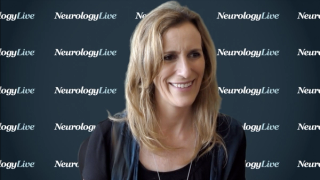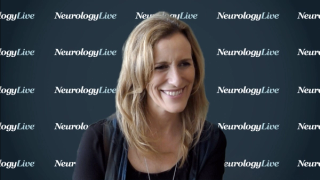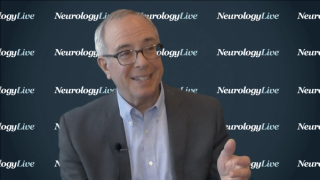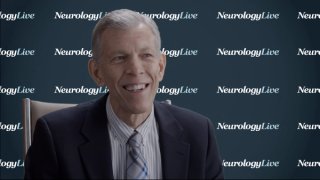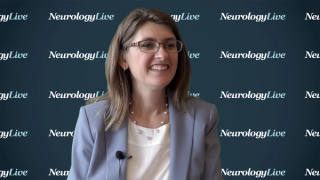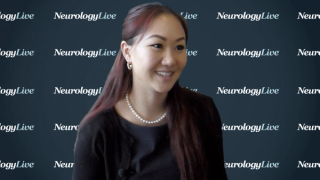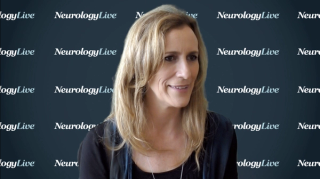
Epilepsy
Latest News
Latest Videos

CME Content
More News

Take 5 minutes to catch up on NeurologyLive's highlights from the week ending May 8, 2020.

The neurologist at Banner-University Medicine Neuroscience Institute discussed the findings of a study that suggest perampanel may improve insomnia by decreasing anxiety in patients with epilepsy.

Treatment with SK Life Science’s cenobamate showed higher responder rates than placebo, regardless of baseline seizure frequency or disease duration.
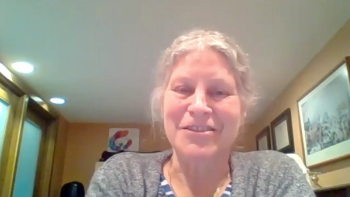
The director of pediatric epilepsy and professor of neurology at Mayo Clinic details the rampant acceleration of telemedicine and how her practice is adjusting to the COVID-19 pandemic.

Treatment with fenfluramine was associated with greater seizure reduction, which in turn improved executive function over time in patients with Dravet syndrome.

The professor of neurology at NYU Langone discussed the risk of COVID-19 in patients with neurological disorders.
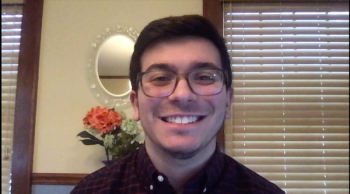
Neurology News Network for the week ending May 2.

Take 5 minutes to catch up on NeurologyLive's highlights from the week ending May 1, 2020.

An emphasis on at-home care as well as reducing the risk of seizure exacerbation are among a list of notable recommendations to help optimize clinical care for patients with epilepsy amidst the COVID-19 pandemic.

The professor of neurology at NYU Langone detailed the neurologic symptoms that have been observed in patients with COVID-19.

Treatment with CBD resulted in a significant number of patients with TSC reporting being “much” or “very much” improved on the Subject/Caregiver Global Impression of Change.

The co-director of the Jane and John Justin Neurosciences Center at Cook Children’s Hospital discussed his experience with Zogenix’s investigational Dravet syndrome treatment in clinical trials and in the Expanded Access Program.

The co-director of the Jane and John Justin Neurosciences Center at Cook Children’s Hospital discussed the real-world data collected from the Expanded Access Program for fenfluramine (Fintepla; Zogenix) in patients with Dravet syndrome.

Take 5 minutes to catch up on NeurologyLive's highlights from the week ending April 24, 2020.

The initial report of the US Expanded Access Program for fenfluramine indicates that those with Dravet syndrome treated with fenfluramine (Fintepla; Zogenix) have clinically meaningful responses similar to that observed in clinical trials.

Researchers found multiple measure correlations between perampanel use and reductions in Insomnia Severity Index scores in those who had comorbid epilepsy and anxiety.

Retrospectively analysis data suggest that while the majority of epileptics have no significant worsening in bone mineral density, they maintain an amplified risk of suffering major osteoporotic fractures.

Take 5 minutes to catch up on NeurologyLive's highlights from the week ending April 17, 2020.

Data out to 11 years suggest that individualized doses of brivaracetam (Briviact; UCB Pharma) are safe and effective in reducing focal and primary generalized seizures.

Take 5 minutes to catch up on NeurologyLive's highlights from the week ending April 10, 2020.

Elizabeth Thiele, MD, PhD, answers a variety of questions on treating tuberous sclerosis, and the landscape of treatments available at this time.

Significant advancements in genetics and the implementation of artificial intelligence have begun to carve a new, more personalized path for the diagnosis and treatment of seizure disorders.

The director of epilepsy research and epilepsy clinical trials at NYU Langone Health’s Comprehensive Epilepsy Center spoke about the recent study findings from a trial of Staccato alprazolam.

The >50% responder rate was similar between children and adults according to data from a meta-analysis of 7 clinical trials of topiramate, perampanel, and lamotrigine.
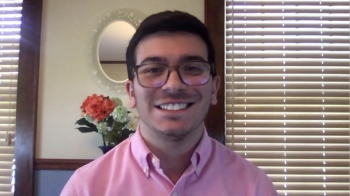
Neurology News Network for the week ending April 4, 2020.






